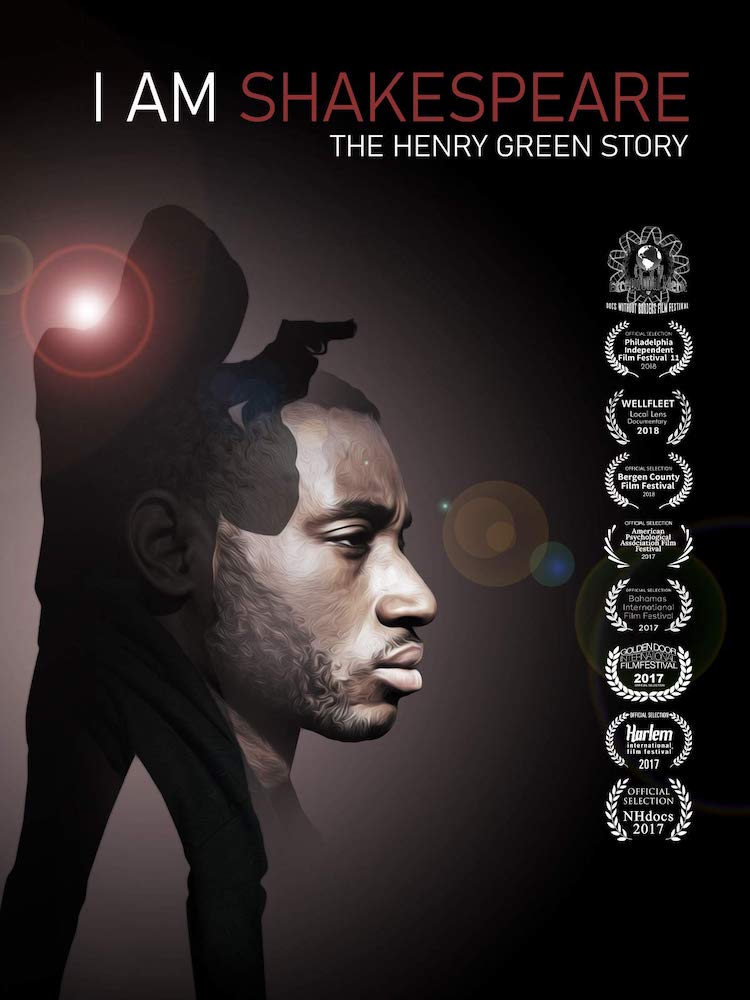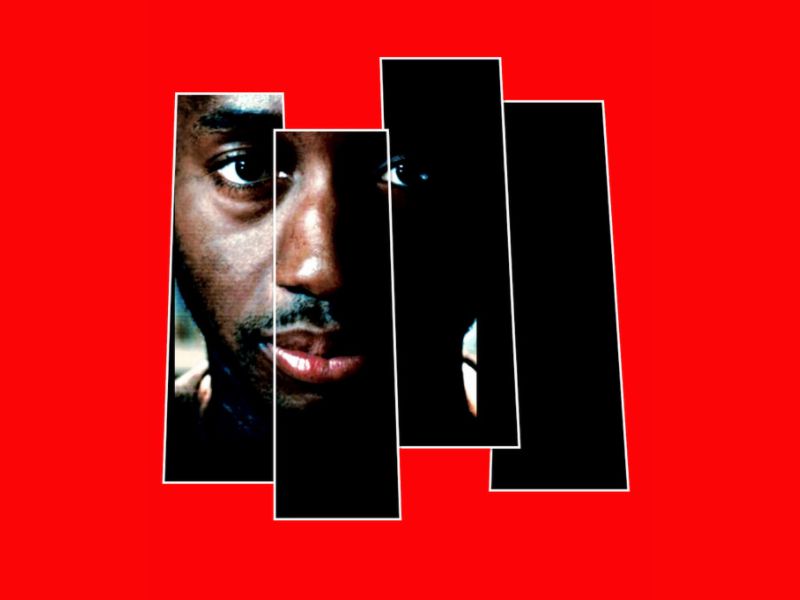“Guns don’t kill people. People kill people.”
— A slogan of disputed origin that is sometimes used in arguing against gun control and regulation
“To be Black is to walk through the world and watch people doing things that you cannot join in and do.”
— Ta-Nehisi Coates
“The black man is about the weakest man on earth according to what God said for man to be like. But he’s not really like that. He’s always had to wear a disguise. He has never been free to really be himself. Even in Africa… Everything has been taken away from them that God blessed them with…[they have] had to wear disguises all their lives.”
— Bessie Harvey, artist known for her sculptures constructed out of found objects.
We have a problem. (Of course, one of our problems is the refusal to be honest about who the “we” is when we say “we”. Nevertheless,…) We have an epidemic of gun violence in our country. From Columbine to the District of Columbia, gunshots can be heard often in our neighborhoods almost regardless of class.
We have created great wealth inequality in this country. We have put all of the people on the lower end of wealth into neighborhoods that then — because they are lower in wealth — become food deserts, lack medical care, lack transportation options, lack highly productive schools. At the same time, these neighborhoods often have an abundance of storehouses of hope in the form of churches and liquor stores. The people who live in these neighborhoods are primarily Black or Latine or other variations of “not white.” The results of living in such neighborhoods are predictable. Which is why most of us do our best not to live in them. The young people who live in these neighborhoods are people with the same range of brilliance, creativity, and mediocrity that exist anywhere else. The stories our news outlets tell us however are of the moral failings of individuals while ignoring the increasing monopoly and manipulation of resources in all of our neighborhoods and the consequences of that manipulation.
The film I Am Shakespeare: The Henry Green Story is a stunning documentary detailing the life journey of Henry Green, a young Black man who grew up in Newhallville, a neighborhood of New Haven, Connecticut. New Haven is where Yale and its famed drama school are. Newhallville is primarily Black, Latine, and impoverished. The people of Yale and its surroundings are mostly white and well-to-do, if not wealthy. What happens in Henry’s story when these two worlds interact with each other is exactly what you might expect. As Henry has said in an interview elsewhere: “It is such a common story.”
Within the first 5 minutes of watching this movie, I was enraged. Why is the story being told here — the destruction of the lives of young Black men — still happening? Why is this story being presented as though we are unaware of what America has done and continues to do to destroy Black lives? We should know this. Why do I have to sit through this again? Why haven’t we stopped this? Why is this story so “common.”
On his way home after getting off a bus, Henry encounters a group of four young Black men, all in black and masked, one of whom, the youngest of the group, shoots three bullets into Henry’s body at point-blank range, shaking as he does so. Henry survives.
Henry does not tell us where he was coming from on that evening when he was shot. He had been active in “the streets” as a gang member, having found that to be for him the best way to survive in his neighborhood. (“You know that there are one of two inevitables. You have to run away or you have to face them and either deal with whatever harm they’re going to put towards you or you have to put them off. So, I know that there’s no way out of this. Running means that I’ve been defeated. Running means that they’ve been able to instill fear in me. And they were able to take my pride.”)
But Henry could also have been on his way home after performing on stage. Some weeks prior to the time he was shot, Henry had completed a triumphant performance as Tybalt in a Shakespeare in the Park production of Romeo and Juliet in the company of Yale actors. At that time Henry was a promising Shakespearean actor. And indeed, in this film, Henry is magnetic, attractive and riveting. He holds our attention. That production of Romeo and Juliet was directed by Stephen Dest, the same man who has directed this film. So, what are we watching? Are we being manipulated here?
Many people think of acting as another word for lying and manipulation. But that’s a gross misunderstanding. Acting, at its most competent and its most honest, is a revealing of the inner truth of a person/character or a situation. Often that character or situation is representative of aspects of our own personal lives and the life of the society as a whole that we don’t take time to look at. The director helps the actor access their spontaneity so that the actor can then allow the essence and truth of himself to be seen clearly and deeply by that audience, that community, that citizenry. (This can enable the audience to acknowledge that what they are seeing onstage is basically a reflection of themselves.) It’s the sort of thing that the ancient Greek tragedians were known for. That’s what happens in I Am Shakespeare.
And there is this to also consider: this movie looks gorgeous. The colors are warm: the colors of the young man’s skin, the colors of the shelved books and papers that surround him. In this film, for an hour and 21 minutes, Henry Green narrates his story in his own words and body. We are comfortable in the presence of this young man. We don’t mind sitting and listening to him. We are, in fact, willing to bear witness to this man’s life. Unlike some documentaries, the film doesn’t merely “humanize” the young man and his life. (The suggestion being that we viewers are rational, humane human beings, while the young man is not and his experience needs translation so that we humans can “understand” his life.) Instead, this film invites us to participate in an encounter. It gives the viewer space to weigh the possibility of humility and compassion on our part. And it gives us space to consider how we are complicit in the situation in which Henry Green finds himself.
Henry Green had done his best to keep separated the life he lived to survive and be successful in his neighborhood and the life he lived to survive and be successful as a Shakespearean actor. Those three gunshots brought those lives together. Watching the gun shake in the hands of his young assailant brought the life of fear Henry had lived prior to this and the life that he was currently living together. And this stimulated a kind of “road to Damascus” transformation in Henry. In an interview with the WNHH podcast Deep Focus recalling how he felt encountering his clearly nervous young assailant, Henry says: “Either you feel anger or you feel fear in that moment. You’re not supposed to feel sympathy. That’s weird.”
That transformation was consolidated when, as he continued his recovery from the after-effects of the shooting, Henry began to work on the film and he discovered that he was able to integrate and accept all of the parts of himself that he previously tried to keep separate. On that same podcast he notes, “ ‘Phen’ [director Stephen Dest] was able to hold up a mirror to me. This movie has done more for me than all of the therapy I have had.”
The transformation also prompted a change in the role he saw himself playing in his neighborhood and among his peers. Continuing to think about the young man that shot him, Henry notes: “I wish he knew he was forgiven.”
I was — how you say? — quite through when I heard him utter these words in the film. The suggestion seems to be that if we want to reclaim the essence of the communities in which we live, it might take just such a conversion on the part of each of us.
And as the credits roll at the end of the film (Please continue watching through the credits for this moment), Henry says this: “The dude who wakes up with a gangster face calls me, crying in the middle of the night…and he just keeps repeating the same thing over and over: ‘How did you do it? How did you change? I want to change like you did.’ That moment when I realized that I had cracked that heart that had all of this callus and this pain on it, when I realized I had broke that open — I think that was the greatest accomplishment I could have ever gotten, that I had ever received.”
Like COVID, gun violence, encouraged by imposed economic and social pressures, has turned out to be something that cannot be confined to one community. It continues to spread. To stimulate community conversation about the issue of what it means to be in community with each other and what the presence of gun violence means for our communities, Silhouette Stage will present a screening of the documentary film I Am Shakespeare: The Henry Green Story on March 12, 2022. This is a Maryland premiere and Stephen Dest, the award-winning director of the film, will be present for a question-and-answer session after the showing of the film.
I Am Shakespeare: The Henry Green Story screens Saturday, March 12, 2022, at Slayton House Theater, 10900 Cross Fox Lane, Columbia, MD, presented by Silhouette Stages, in partnership with Moms Demand Action for Gun Sense in America. Tickets are $12 and available for purchase online and at the door.
SEE ALSO:
‘I Am Shakespeare: The Henry Green Story’ part two: the backstory (interviews by Gregory Ford with director Stephen Dest and Jeremy Goldman of Silhouette Stages)
Silhouette Stages is Howard County’s premier community theater, offering award-winning, affordable theatrical experiences to local communities since 2003.






